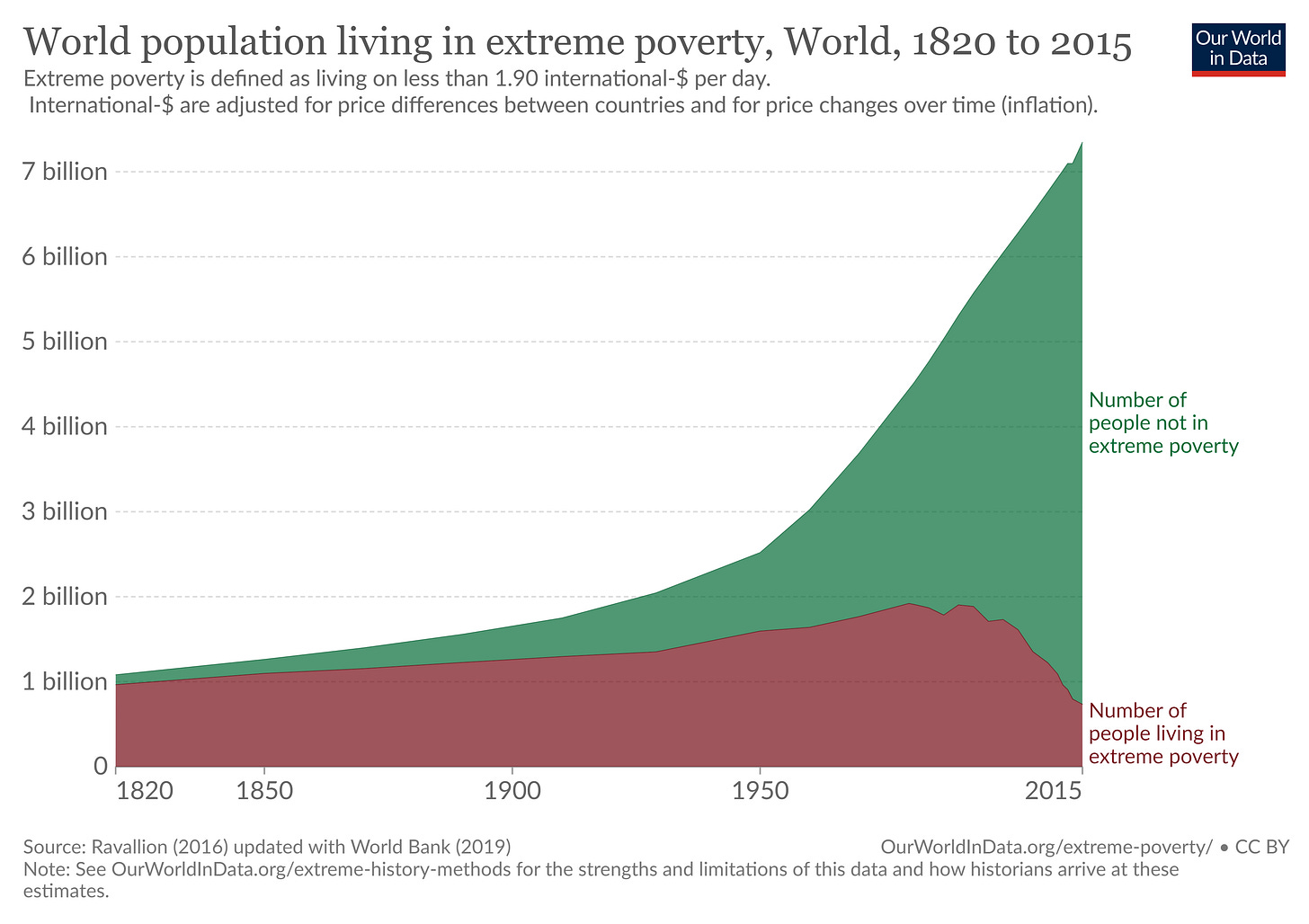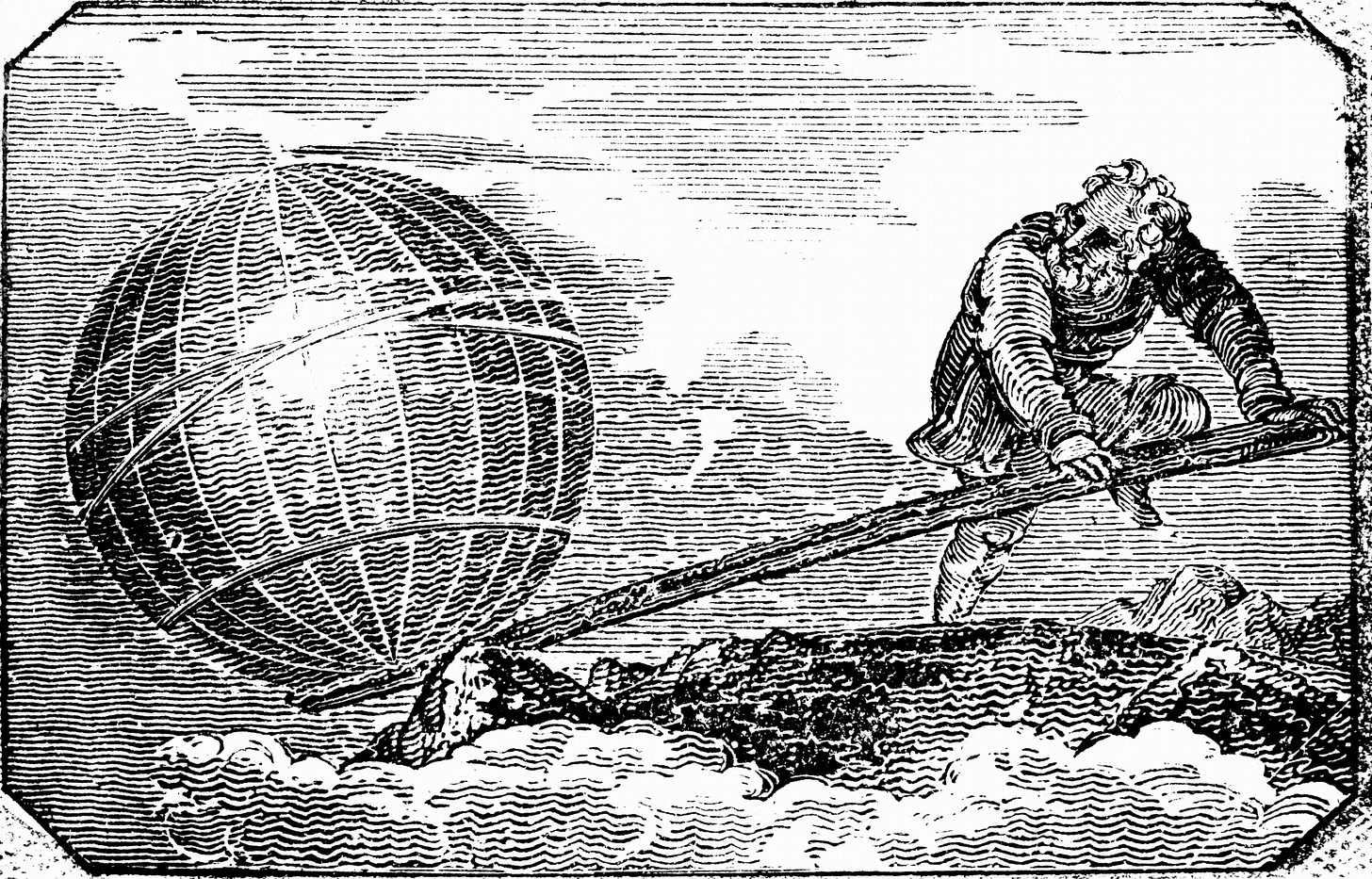Why VC
I’m often asked about my motivation in technology and venture capital .This story starts hundreds of years ago.
I’m often asked about my motivation in technology and venture capital. This story starts hundreds of years ago.
Around the time of the American Revolution, Thomas Malthus predicted massive famine. In 1798 he said, “The power of population is so superior to the power in the earth to produce subsistence for man, that, unless arrested by the preventive check, premature death must in some shape or other visit the human race.”
The thing is, he was correct. Looking at contemporary data, you’ll find that population and wages are inversely related. You can make people richer only if there are fewer of them. There is a natural capacity, like we see elsewhere on earth.
This turned out to be wildly incorrect since the time of Malthus, when both population and wages have exploded.
Why? Yes, the industrial revolution, but what specifically?
First, you have a steam engine, powered by coal. One of the first applications was to pump water out of mines where you could get that coal. Then you could also get iron ore. Coke is made from coal, and when combined with iron ore, you get steel. Steel is used to make engines and rail lines and more. Sure, this is great for industry, but how did the population get supported? Transporting fertilizer by rail line is the specific way farms were able to produce enough food for the exploding population.
Fast forward to the 1960s, and you had a new version of Malthus in Paul Ehrlich. In 1968 he said, “The battle to feed all of humanity is over. In the 1970's the world will undergo famines — hundreds of millions of people are going to starve to death in spite of any crash programs embarked upon now. Nothing can prevent a substantial increase in the world death rate.”
Nothing like this happened. Not only did the population increase, with a smaller share of people living in extreme poverty, but also the absolute number of people living in poverty went down. This is astounding progress.
Too many people know about Malthus and Ehrlich, and not enough know about Norman Borlaug. Borlaug and other industrial agronomists helped create and popularize high yield varieties of wheat and rice. At the same time, the best techniques became widely used, including chemical fertilizers, pesticides, herbicides, fungicides, mechanization, containerized global trade, and bulk shipping. We also went through a health revolution with lower infant mortality, better education, and access to contraception.
Technology that lets us do more with less is the fundamental driver of progress.
Technology drives progress. Building this directly through new startups works exceptionally well because new companies aren’t encumbered by practices in the past.
Venture capital is a lever on technology. The reward for doing well in VC is getting a longer lever. Success is rewarded with scale. This is my fundamental motivation in working in VC.









